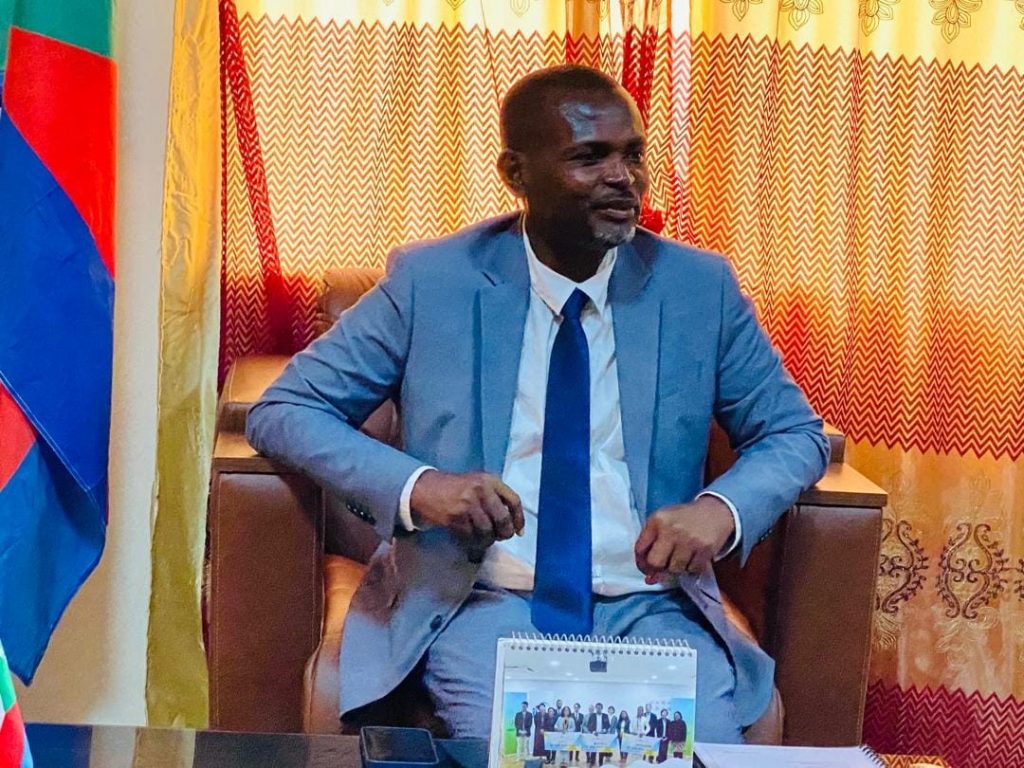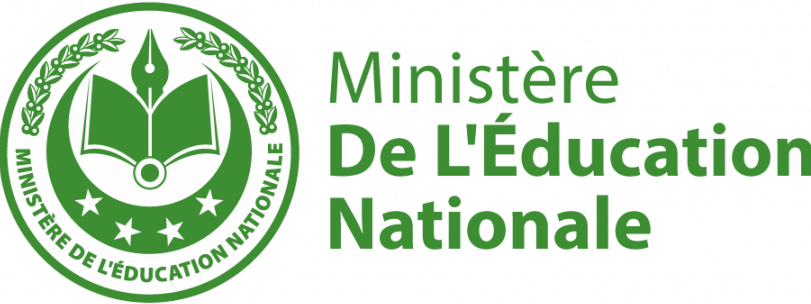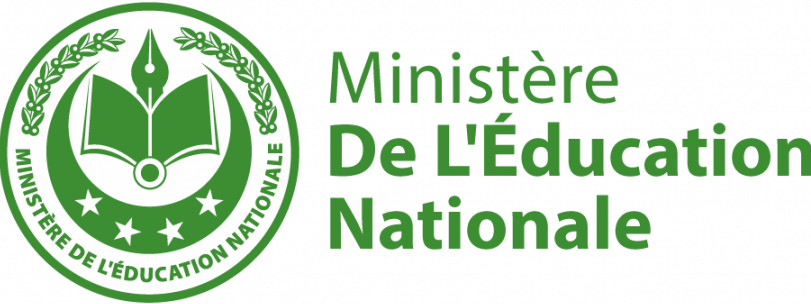Ministry
The Ministry of National Education, Higher Education, Scientific Research, and Arts is the governmental department responsible for developing and implementing government policy in the areas of education, teaching, research, and arts (the four sub-sectors managed by the ministry). Since June 1, 2024, it has been led by His Excellency Mr. Bacar Mvoulana. In order to develop and implement its policy, the Ministry of National Education relies on:
- A group of administrations and services that form the central administration.
- The general inspection authority.
- Three commissions responsible for education: in the island of Ngazidja, Ndzuani, and Mwali.
- Affiliated institutions.
- Three national committees.

The Two Sectors of the Comorian Education System:
Formal
Formal education concerns several levels and types of education. It is composed of preschool, elementary education, general secondary education, technical education and higher education. At each level, there is, alongside public education, private education that has developed significantly in recent years.
Non-formal
It includes literacy and Koranic schools.
Based on an assessment conducted in 2012 regarding the Comorian educational system and in line with national strategy documents, the national education policy focuses on the following three priorities:
- Progressing towards achieving the (EPT) and (OMD) goals.
- Creating the conditions to improve the use of resources allocated to education.
- Result-based enhancement of management and leadership.
In addition, the strategic orientations thus defined aim to integrate the education system into the country’s development dynamics. These guidelines are aligned with a global sectoral vision, promoting convergence between the system’s internal assets, capacity development, increased equality of opportunity, and the management of development aid.
The Ministry of National Education must address several challenges by 2030, including:
- Accelerating the access to development initiatives for early childhood by integrating renewed Quranic education into the national educational system.
- Accelerating enrollment in universal primary education.
- Diversifying and revitalizing secondary education to increase access to opportunities and equity, and to improve the quality of education and learning.
- Enhancing scientific education in middle and high schools to address globalization challenges.
- Diversifying technical education and vocational training by establishing technical and vocational schools or institutes to meet labor market and employment needs.
- Establishing vocational training centers to enhance youth skills and integrate them into professional life, which is a key challenge for developing this sub-sector.
- Increasing the capacity of the University of Comoros (UDC) to allow for greater access for a larger number of students.
- Improving the quality of education and learning at the University of Comoros to meet the country’s needs for qualified human resources.
- Enhancing capacity and scientific research at the University of Comoros to address globalization challenges, which is a key challenge for this sub-sector.
- Promoting functional literacy.
- Ensuring women’s independence to eliminate all forms of gender inequality.
- Enhancing the system capacity with resources; and developing planning and management tools.
- Incorporating effective measures into every educational program or project to ensure awareness and continuity in education during and after emergencies.

